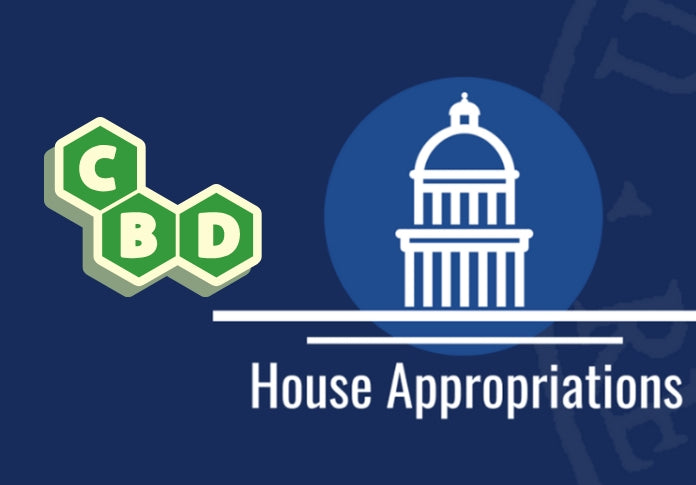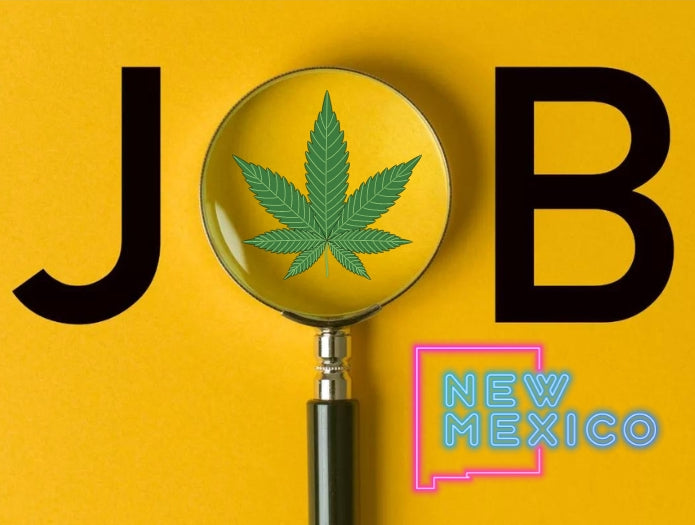The funds will go to create educational curriculums designed to teach high school and college students about the many uses of the versatile plant.

Pennsylvania is committed to making hemp a power crop for its robust and diverse agricultural sector. As part of that effort, the Pennsylvania Department of Agriculture recently unveiled a newly funded initiative to spread awareness and education about the multifaceted plant.
According to a press release published on the state government's website, last Thursday, the PA Agriculture Secretary, Russell Redding, announced the state's plan to distribute $392,265 in matched funding to promote the hemp market, including the establishment of a curriculum designed to educate high school and college students on the many uses of the crop.
The vast majority of the grant monies ($315,765) will go to creating a STEM program "to effectively engage in industrial hemp production, management, and cultivation by promoting and marketing industrial hemp for its many uses such as food, fiber, fuel, industrial, and personal care products," according to the statement.
The Agriculture Department began soliciting proposals for up to $200,000 in matched funding for marketing projects aimed at bolstering the state's young and still-developing hemp market near the end of last year. Thursday's announcement is the culmination of that process, and top officials at the Department are excited about the potential benefits of the new programs, particularly regarding engaging the state's youth population.
Secretary Redding shared that enthusiasm: "Pennsylvania has been making history, building a new hemp industry from (the) roots up. These grants feed the growth of an industry that was once a staple of Pennsylvania's economy and is once again growing opportunities for new businesses, farm income, jobs, and climate-smart, environmentally sound products."
"Pennsylvania has been making history, building a new hemp industry from (the) roots up. These grants feed the growth of an industry that was once a staple of Pennsylvania's economy and is once again growing opportunities for new businesses, farm income, jobs, and climate-smart, environmentally sound products."
- Pennsylvania Agriculture Secretary Russell Redding
Along with the monies dedicated to the educational initiative, additional funds will be for the following:
1. $56,000 for the Pennsylvania Hemp Industry Council (PHIC)
The funds will go to designing a campaign to promote hemp's benefits and create new markets for hemp-derived product offerings. The PHIC is dedicated to building a powerful coalition among farmers and other businesses, investors, governmental agencies and communities to bring hemp back to farms in PA.
2. $20,500 for the U.S. Ecological Advanced Research & Conservation Hub Hemp Certificate Program for Disadvantaged Communities (USEARCH)
Funding will go to creating an educational program for disadvantaged communities, including youth, veterans, and women, empowering their involvement in the hemp industry. USEARCH is a Mayfield, Lackawanna County-based nonprofit that focuses on researching agricultural technologies and products derived from them.
Not to be outdone by the Agriculture Department, leaders in the state house are also busy trying to move Pennsylvania closer to legalizing recreational marijuana sales. Last month a bipartisan duo of state senators unveiled their plan to file a bill to establish a legal adult-use cannabis market in the Commonwealth.
Likewise, Gov. Josh Shapiro (D) strongly supports marijuana reform and even included a proposal to legalize and tax recreational cannabis for adults 21 and older as part of his budget request for the 2023-2024 legislative session.
With the Democrats taking control of the House due to last year's election results and key Republicans, particularly in the GOP-controlled Senate, willing to back marijuana legalization efforts, industry experts and pundits believe Pennsylvania could join the ranks of the newly legal states like Minnesota and Delaware as soon as 2024.
By targeting educational initiatives and engaging its younger citizens, the Keystone State could be developing a winning template for other states to follow in cultivating, developing, marketing, and monetizing the entire cannabis sativa plant.






































